Alright – so today we’ve got the honor of introducing you to Dr. Nelson O. O. Zounlomè. We think you’ll enjoy our conversation, we’ve shared it below.
Alright, Dr. Nelson thanks for taking the time to share your stories and insights with us today. How did you come up with the idea for your business?
My life’s greatest motivator is obtaining a quality education to empower marginalized communities. I owe this to my mother, who successfully graduated high school in Benin, West Africa when women traditionally did not attend school. As a Black male, first-generation college graduate, and child of immigrants from a low-socioeconomic single-parent background, I take pride in my educational pursuits, as they have not come without challenges.
Attending a predominantly white institution during undergraduate and graduate school, I have experienced first-hand the adversity BIPOC students face (e.g., racial slurs and discrimination and being viewed as less qualified than my white peers).
To put this into context, from 2010 – 2020, the percentage of Black undergraduates fell by 17%. On at least 500 campuses, Black enrollment dropped by more than 50% (Chronicle of Higher Education, 2022). There are also disparities in graduation rates among BIPOC students and their white peers (42% Hispanic/Latinx, 41% Black, 39% Native American, 62% white; Bourchrika, 2022) that greatly exacerbate economic and wellness disparities. Additionally, U.S. universities lose around $16.5 billion in tuition revenue annually from dropouts – many of whom are BIPOC, first-generation, and low-income (Educational Policy Institute, 2013). To say this is a massive issue is understated.
However, among these barriers, I have also seen and experienced the transformative power of culturally responsive practices that foster comprehensive wellness among these groups. While working on my Ph.D. in counseling psychology at Indiana University, I had dreamed of creating a business focused on providing culturally relevant resources that would allow BIPOC students like me to thrive that did not exist when I was going through school. I put this dream on hold until Spring 2020. The murders of Breonna Taylor, Ahmaud Arbery, and George Floyd amid the COVID-19 pandemic that disproportionately impacted Black and Brown communities profoundly impacted me. These twin traumas left me feeling defeated, depressed, and hopeless about meaningfully transforming racism and other forms of societal oppression in my lifetime.
Amid this pain and knowing that BIPOC, first-generation, and low-income students need culturally relevant resources more than ever, I founded Liberate The Block (LTB). LTB is a social-impact company focused on providing culturally relevant, evidenced-based mental health and academic success solutions that empower underserved students in higher education to thrive in 4 key areas: Wellness, Community, Academics, and Career. We aim to increase students’ holistic well-being, retention, graduation, and enrollment rates through our books, online academy, and consulting services. Working on my business became a form of self-care. It motivated me to get up each day, helped heal some of my wounds stemming from racism, and provided encouragement to keep moving forward. We distinctly design our products and services to instill a sense of thriving, not just surviving, for others like me in higher education.
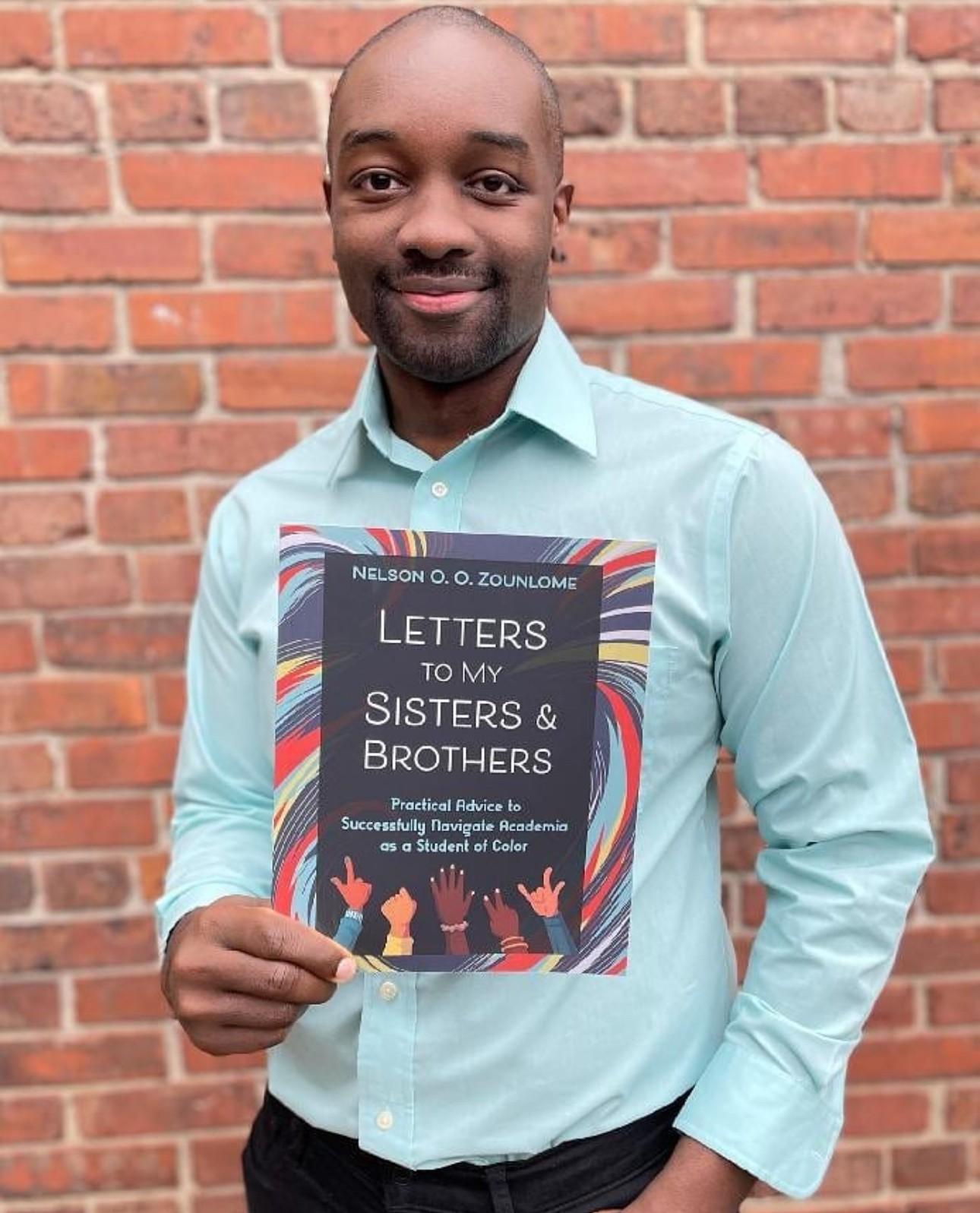
Great, appreciate you sharing that with us. Before we ask you to share more of your insights, can you take a moment to introduce yourself and how you got to where you are today to our readers.
My parents emigrated from Benin, West Africa in 1991. After my parents divorced when I was seven, I didn’t see my father as much as I needed growing up. I lived in a single-parent household with my mother and three brothers for most of my life. My mom worked at least three jobs at any given time. She stood in weekly food pantry lines to supplement the meager minimum wage and food stamps she received. For the majority of my life, we lived in some form of public housing and even a women’s shelter at one point.
Most of the people from the neighborhood we lived in during most of my middle and high school years did not even graduate high school due to the lack of resources and opportunities. My mother tirelessly worked so we wouldn’t have to do that. From a young age, she instilled in me that education and helping people were our ways to honor God and escape poverty. Living most of my life in public housing but attending school on the affluent side of town, I was motivated to end these two worlds’ mental health and economic disparities from an early age. Home life consisted of uncertainty, food insecurity, and gang activity, while school offered safety, well-funded laboratories, and life-changing opportunities.
When I went to college at Indiana University (IU), I studied psychology, sociology, and political science to better understand how these systemic inequities profoundly impacted society. I carried this knowledge and passion into my doctoral studies in counseling psychology at IU, where my research, clinical, and community-building efforts centered around improving BIPOC students’ mental health and academic persistence. I excelled academically but, in my second year, considered dropping out due to rampant racism and the lack of culturally relevant products and services to help me succeed. Most of the resources I found told me some version of, as a Black student, “It will be hard. Keep your head down and graduate.” This “advice” was incredibly discouraging for me. Over time, I could rely on my advisor, fellow BIPOC students, and the mentors I gained, which motivated me to complete my degree in 2021. I learned how culturally relevant spaces can transform people and systems at IU.
In 2018, I was elected Chair of the 2nd Black Women’s Wellness & Empowerment Summit IU. Entitled, “Nevertheless, She Persisted:” Resilience Beyond the Margins, the Summit showcased Black women’s unique experiences by focusing on their societal struggles and triumphs. Featuring a research symposium, social justice panel, and 11 renowned speakers, over 100 attendees across the U.S. participated. I led a planning committee and collaborated with 15 campus/community partners to foster an intentional lifeline for Black women to connect, reflect, and heal while advocating for their holistic well-being. When asked what impact the Summit had on them, one graduate student responded, “It made me aware of my inner strength, power, and light,” while a community member noted that “I felt inspired to continue the conversations with friends, and I feel determined and empowered to initiate discussions about the types of topics we discussed at the Summit.” Additionally, as Co-Founder of the IU Black Joy Collective, I helped create events for the intentional affirmation, cultivation, and expression of Black Joy that increased attendees’ social, emotional, and psychological well-being through encouragement and gratitude writing. These experiences helped inspire my desire to create avenues for all underserved students in higher education across the U.S. to benefit from identities-empowering products and services – leading to the founding of Liberate The Block (LTB).
LTB’s flagship book, “Letters to My Sisters & Brothers: Practical Advice to Successfully Navigate Academia as a Student of Color” (over 1,000 copies sold!), is a workbook based on a research study of 165 BIPOC students providing advice to incoming students (i.e., externalizing racism, embracing their intersecting identities, fostering community empowerment). Our online course, “Developing A Graduate School Thrive Mindset,” extends the Letters’ book content by enhancing BIPOC students’ academic success and career competitiveness with interactive videos and worksheets. Our second book, “iThrive: An International Student’s Guide to Thriving in the U.S.,” helps prospective and current international students develop a growth mindset, deeper awareness of themselves, and a broader understanding of the resources available to them. It also provides specific information on how staff and faculty can help international students flourish.
Our next book, “‘Lift as You Climb’: The Book of Black Academic Encouragement,” is based on my dissertation in which Black students across the U.S. wrote culturally specific encouragement letters to other students detailing how they overcome racism, transitioned from majority Black communities to predominantly white institutions, and embodied their cultural roots to empower themselves to continue when issues arose. Our proprietary Black Academic Encouragement and Empowerment Intervention, highlighted in the book, significantly increased academic self-efficacy and decreased depression and racial stress among 207 Black students. I’m very proud to say we raised $20,000 on Kickstarter for the book’s production and marketing, which will be published this spring. LTB has also provided curriculum and community-building consultation to over 20 universities and organizations, such as how faculty can best mentor BIPOC, low-income, first-generation, and international students using identities-affirming frameworks. We are working on becoming a higher education asset by scaling and securing multi-year contracts with universities to use our products and services. I would want folks to know that LTB is a social-impact company that provides culturally relevant, evidenced-based mental health and academic success solutions that empower underserved students in higher education to thrive in 4 key areas: Wellness, Community, Academics, and Career. We aim to increase students’ holistic well-being, retention, graduation, and enrollment rates through our books, online academy, and consulting services. We distinctly design our products and services to help students thrive, not just survive, in higher education.
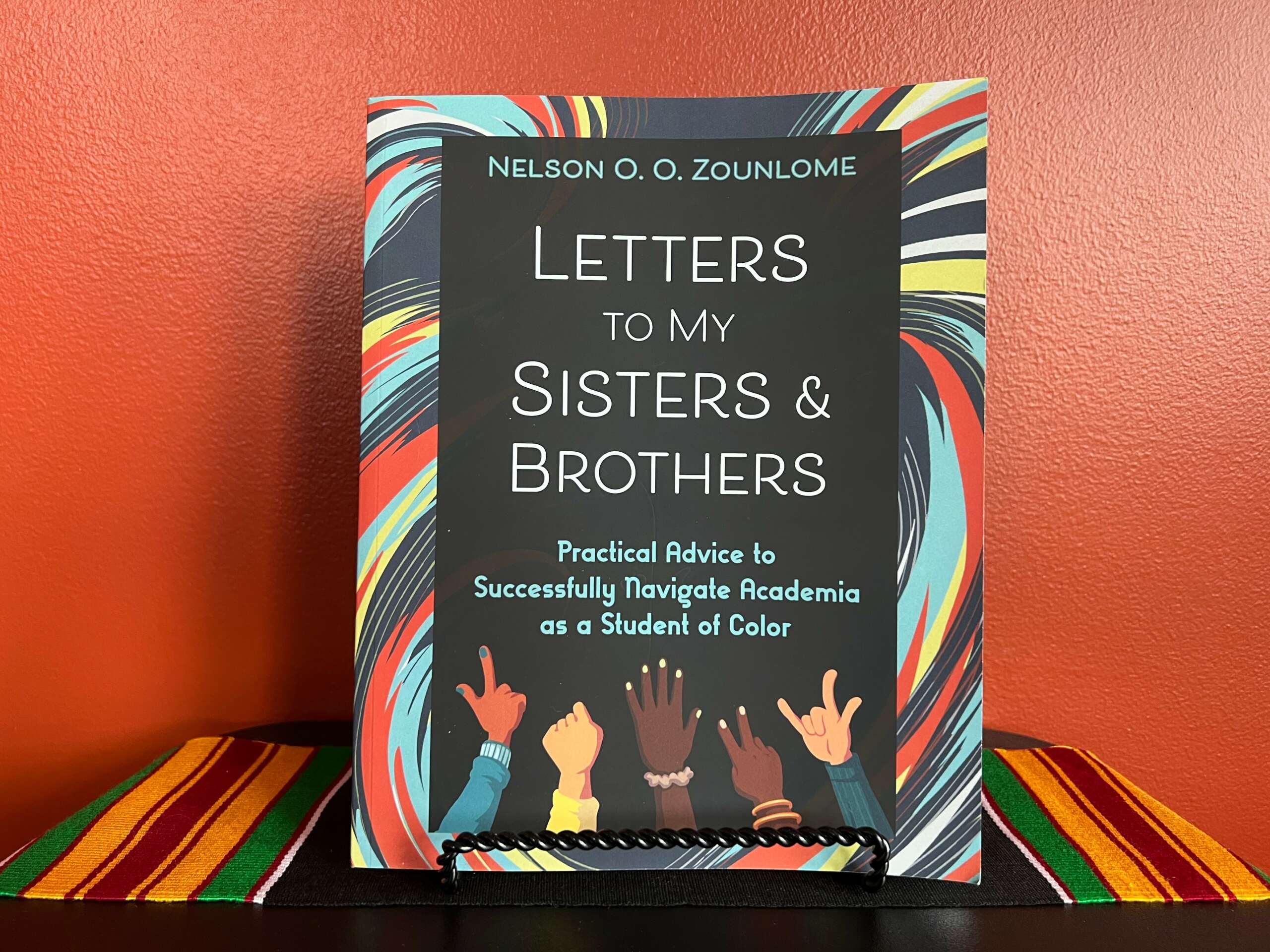

How’d you build such a strong reputation within your market?
My unique combination of lived experience and professional expertise has helped build my reputation within higher education. I’m a Black male, first-generation college graduate, and child of immigrants from a low-socioeconomic single-parent background. I know what it’s like to attend a university that is not set up for my success, lacks culturally relevant resources, and then struggle because of it. When people engage with me or my books, in which I’m authentic and personal about this context, people know that I’m motivated to empower students because I’ve been there. However, they also see I have the research, mental health training, and community empowerment experience to inform my work.
As a dedicated scholar, my research, teaching, and service efforts have been rooted in a systemic approach aimed at understanding and addressing how structural racism and other forms of oppression impact the functioning of higher education and the experiences of those within it. Specifically, my research examines the lived experiences of BIPOC university students and creating culturally relevant interventions that improve their mental health, academic success, and career outcomes. I am a scientist-practitioner-advocate with one fundamental goal: to promote holistic healing among underserved and marginalized students in higher education. Towards this objective, I have conducted research in the following interconnected areas: (a) academic persistence (i.e., creating a scale that measures how students of color demonstrate resilience while attending predominantly white institutions) and (b) mental and emotional wellness (i.e., developing a culturally centered encouragement intervention that led to a reduction in depression among Black university students). I have disseminated my work through 18 publications and 44 peer-reviewed academic presentations. My efforts have been supported by 27 grants/fellowships and recognized by 22 honors/awards at the campus, regional, and national levels. My research and scholarly efforts have been funded by various sources, including the American Psychological Foundation, the National Academies of Sciences, Engineering, and Medicine, along with the Ford Foundation.
Many excellent researchers have an academic background and/or lived experience, and several companies market products to help students succeed on campus. Not many have both. This synergy has shown others that I have a depth of personal and professional knowledge that shapes my understanding of the issues underserved students face and what it truly takes to increase their outcomes in meaningful ways.
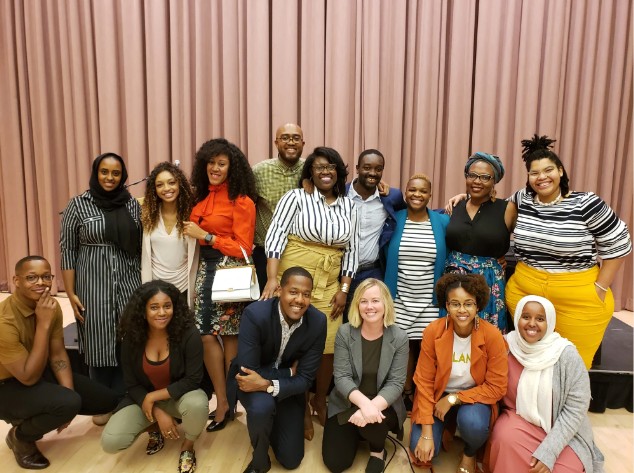
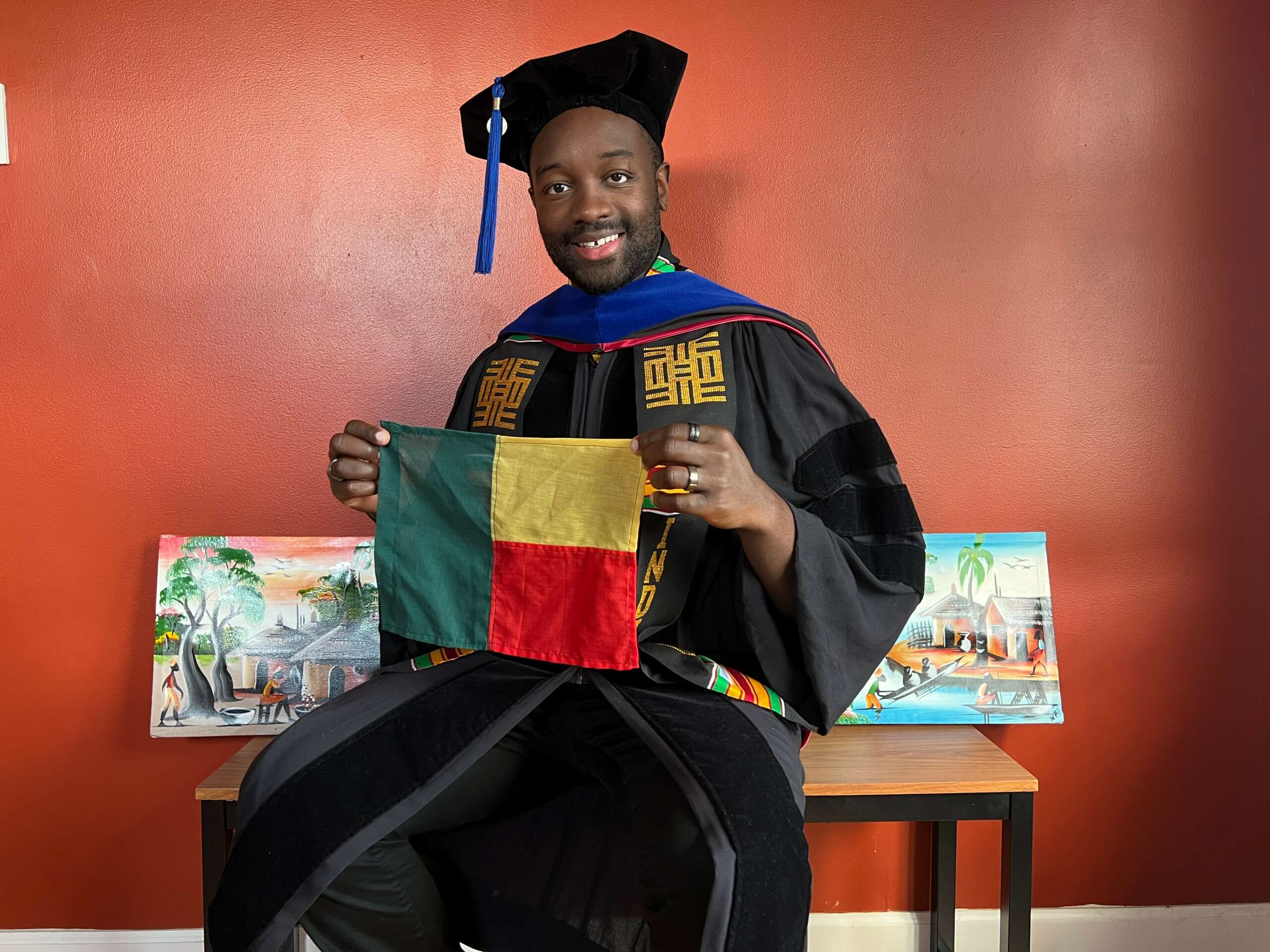
Can you share a story from your journey that illustrates your resilience?
A story that has shaped me the most and demonstrates my resilience is helping my family navigate their immigration status in the U.S. Several members of my family began facing deportation during my teenage years. As the first one in my family born in the U.S., I lived with many privileges (obtaining a driver’s license, accessible employment, receiving scholarships for college) while my family faced mental health concerns and debilitating fear whenever leaving the house. This intense challenge took an immense toll on all of us. I dealt with persistent depression, anxiety, and stress, being in constant fear of possible separation from my family. I also felt a lot of guilt that I happened to be born in the U.S. while most of my family was not.
For the next seventeen years, my biggest goal was to assist my family in securing a pathway to citizenship. Since we couldn’t afford money for a lawyer, between being a full-time student and an employee in college, I was in a very long process of learning U.S. immigration law to help my family. While my college peers’ biggest worries were choosing a major or finding a summer internship, I was figuring out how to complete I-864 forms and other required documents with no law training or degree. It took several years, but I’m incredibly proud that I successfully applied for my mother to receive a green card and, ultimately, gain citizenship in 2022- opening the way for my siblings. However, my oldest brother was deported in 2021 – leaving a big hole in our family. Witnessing and being part of the life-changing power of familial persistence motivates all I do. My values of family, hope, faith, and empowerment kept me going over the years when I wanted to give up.
My story is just one of many on college campuses across the country. Even today, I work with students whose most significant issues are not academic but dealing with racism from faculty or peers, having to send money home each month to support their families, or, like me, navigating immigration concerns. These students must have products and services that speak to their holistic experiences and empower them to succeed. Liberate The Block was created for that exact purpose.
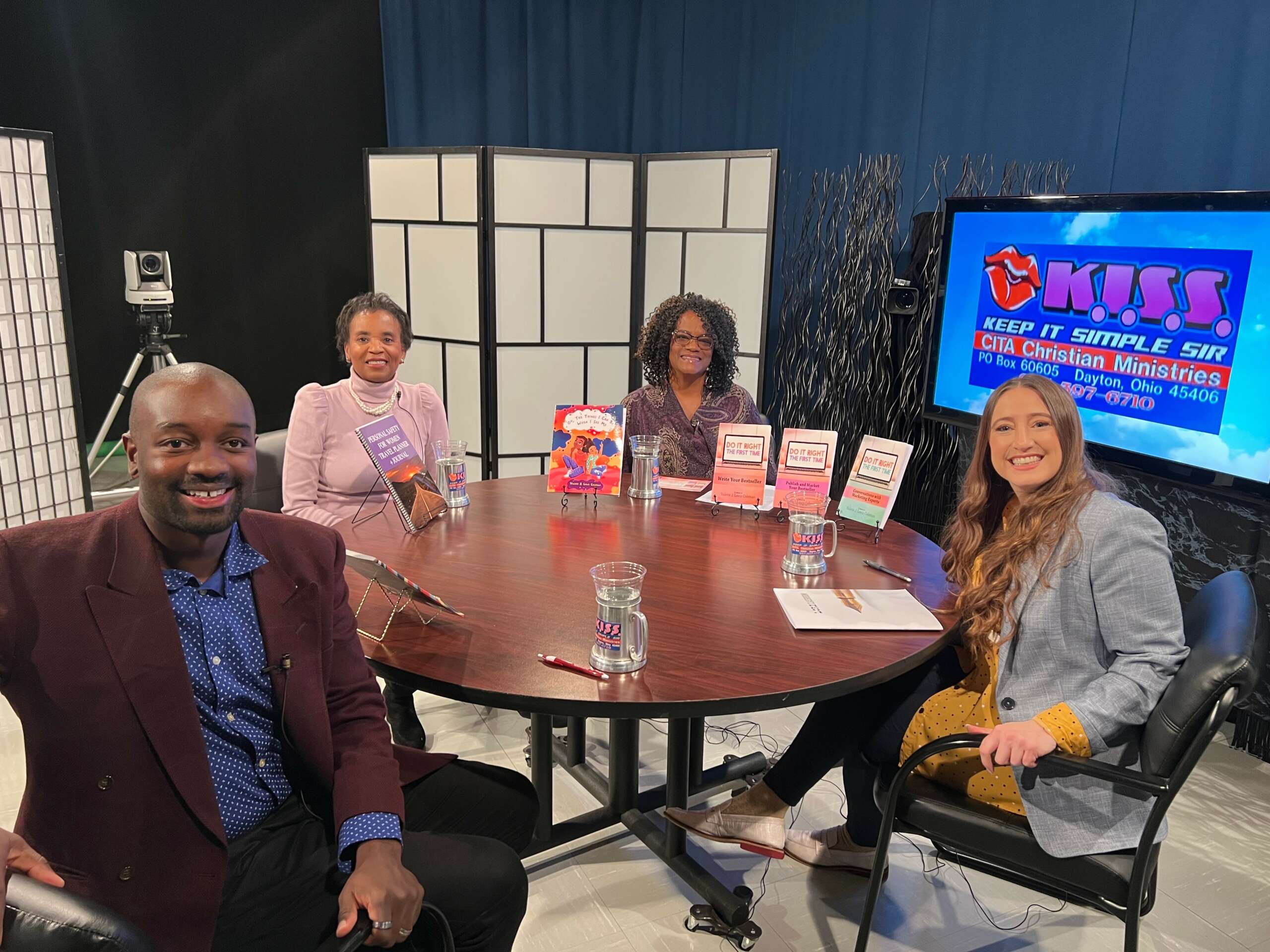
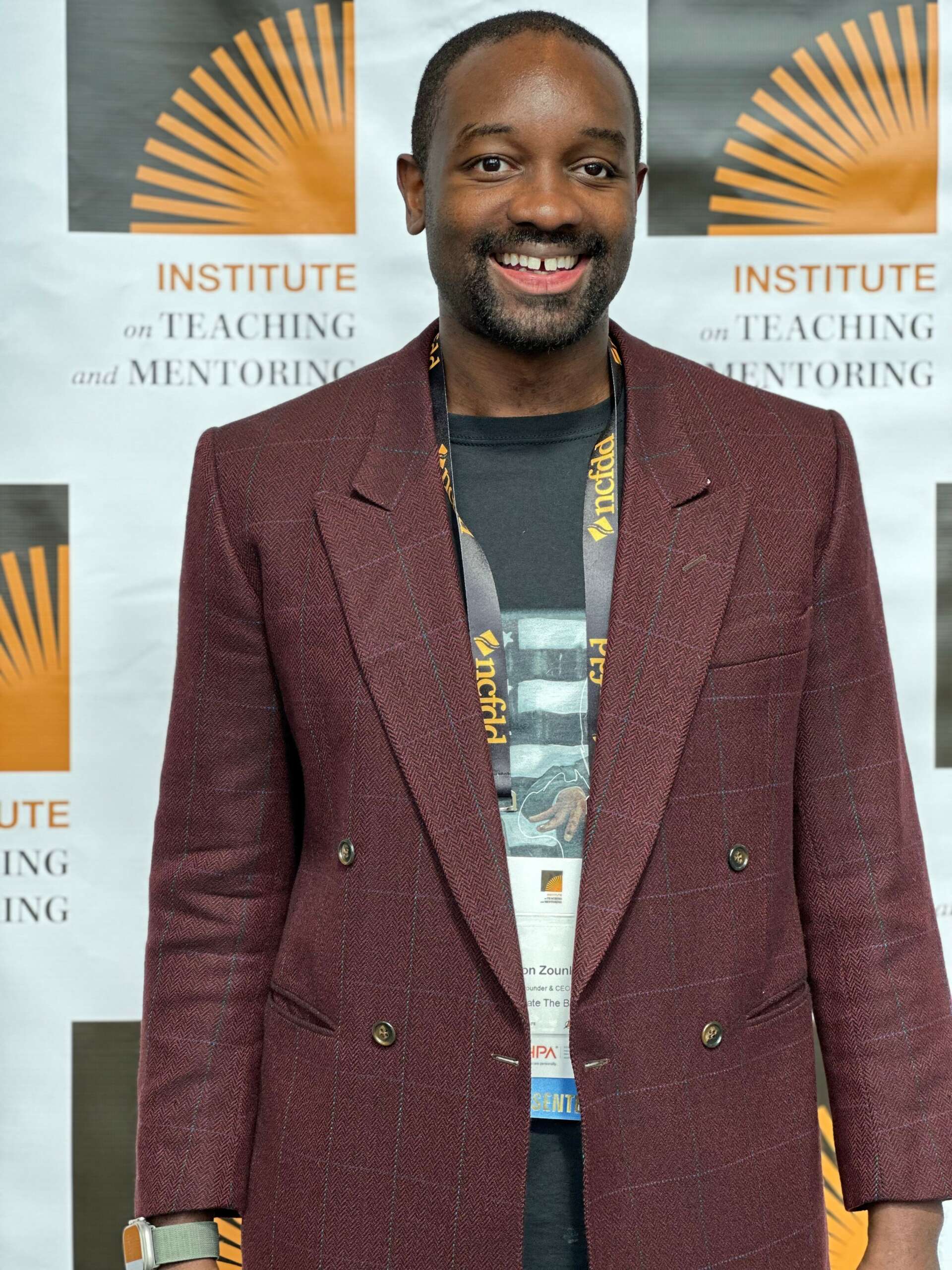
Contact Info:
- Website: https://liberatetheblock.com/
- Instagram: https://www.instagram.com/liberatetheblock/
- Facebook: https://m.facebook.com/LiberateTheBlock/
- Linkedin: https://www.linkedin.com/in/nelsonzounlomephd/
- Youtube: https://www.youtube.com/channel/UCykvAn4v195n43rLLkbIvGA
- Other: https://www.nelsonzounlome.com/


